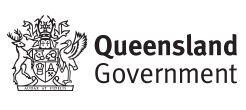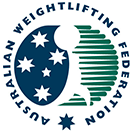Thank you to all of our current Athlete Commission members & members of the QWA MC for driving the development of this updated Policy & Procedure information.
Thank you – Sarah Cochrane, Nathan George, Hayley Ward, Liam Saxby, Darcy Kay & Luke Gardner.
The QWA is pleased to be able to release the most up-to-date information in relation to the Athletes Advisory Committee for all members attention.
What makes an effective Athlete Advisory Committee Member?
To be an effective Athlete Advisory Committee (AAC) member requires certain skills, attributes, and qualities. These include:
- a high level of integrity and an open, honest approach to the role
- commitment to the vision and mission of the QWA
- an ability to think strategically, analytically and in the best interest of QWA members
- sound communication skills, including active listening and being able to present opinions logically and persuasively at meetings
- an ability to understand and relate to athletes and their varying needs
- sufficient time and effort to contribute effectively to the AAC role
- an ability to work as part of the AAC and express independent views
- an ability to understand, analyse and interpret the QWA annual budget and how it may impact athlete performance
- a general understanding of the business and activities of the QWA
- an ability to establish quality relationships with QWA MC, QWA Operations Manager, QWA members and external stakeholders
Getting the right mix of members on the AAC
The challenge is to encourage or attract the right mix of people with the appropriate skills. This will allow the AAC to function at an optimum level. To achieve the right mix, the QWA will adopt sound succession planning processes, such as 2–6-year rotational terms. The MC has also chosen to educate voting members about the skills and attributes the future AAC needs. Gaps within the current committee skills have been identified and the adopted education process should increase the likelihood that elected AAC members represent the needs of ALL athletes training and competing at Junior/U23, Senior and Masters levels. The ability to work as a team is essential for QWA growth and development and the AAC effectiveness. Perhaps the greatest challenge to the AAC, as with any committee, is to achieve agreement and cohesion, while at the same time encouraging diversity of opinion and the healthy debate of issues.


